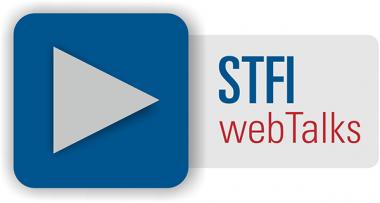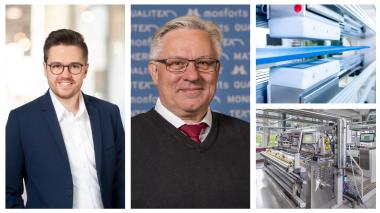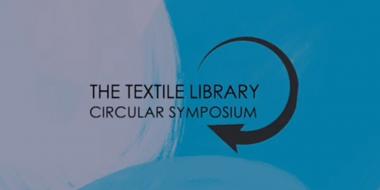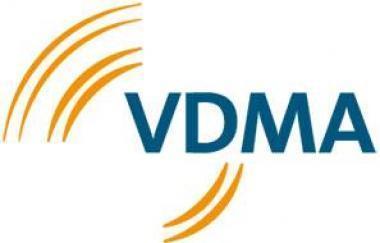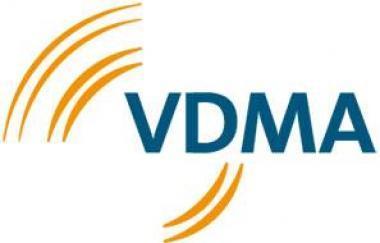Hanf als Rohstoff textiler Innovationen
Das Thema Nachhaltigkeit ist immer wieder Bestandteil der Forschungs- und Entwicklungsarbeiten am Sächsischen Textilforschungsinstitut. In der aktuellen Ausgabe der STFI-Webtalks wird der Schwerpunkt auf nachhaltige und innovative Neuentwicklungen, im Speziellen mit dem Rohstoff Hanf gelegt.
Hanf ist abseits von Cannabis- und Seilherstellung vielseitig einsetzbar. Wie aus den Naturfasern neuartige Produkte entstehen können, wird Inhalt der Vorträge der Wissenschaftlerinnen Elke Thiele und Ina Sigmund sein. Beide präsentieren Ergebnisse von Projekten, deren Grundlage der Rohstoff Hanf bildete:
Der erste Teil der webTalks beschäftigt sich mit Biogenen Heavy Tows. Mit dem Ziel, Hochleistungsfaserverbunde aus Hanfbast zu entwickeln, wurde das Projekt gemeinsam mit den Forschungspartnern Invent GmbH Braunschweig, Technitex Sachsen GmbH, Hohenstein-Ernstthal und Hanffaser Uckermark eG, Prenzlau bearbeitet. In der Präsentation werden Möglichkeiten der Bastfaseraufbereitung zu endlosen Fasersträngen dargestellt und Varianten der Halbzeugherstellung präsentiert. Die Kennwerte der neuartigen Naturfaserverbunde bewegen sich im Bereich von Glasfaserverbunden.
Anschließend werden im zweiten Teil innovative Maschenwaren aus biologisch angebautem Hanf vorgestellt, die sogenannten Lyohemp-Strickwaren. Hanf aus regionalem Anbau ist aufgrund seines Eigenschaftsprofils nur bedingt für die Textilproduktion geeignet. Stand der Technik sind Vliesstoffe als textile Halbzeuge für die Produktion von Naturfaserverstärkten Kunststoffen (NFK) für die Automobilindustrie oder Dämmstoffe. Hanfreststoffe bzw. ungenügende Faserqualitäten wurden daher als Ausgangsmaterial für die Zellstoffgewinnung herangezogen. Aus Hanfzellstoff wurde nach dem Lyocell-Verfahren eine Celluloseregeneratfaser entwickelt (Lyohemp), die sich zu feinen Garnen ausspinnen lässt.
Nächste Ausgabe der STFI webTalks am 12. August 2021 von 10:00 bis 10:45Uhr.
Die Teilnahme ist kostenlos und ohne Anmeldung über den Link möglich.
Sächsisches Textilforschungsinstitut e.V. (STFI)


